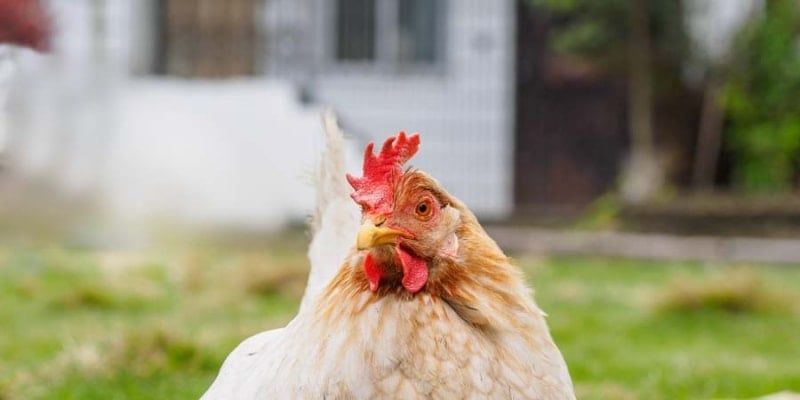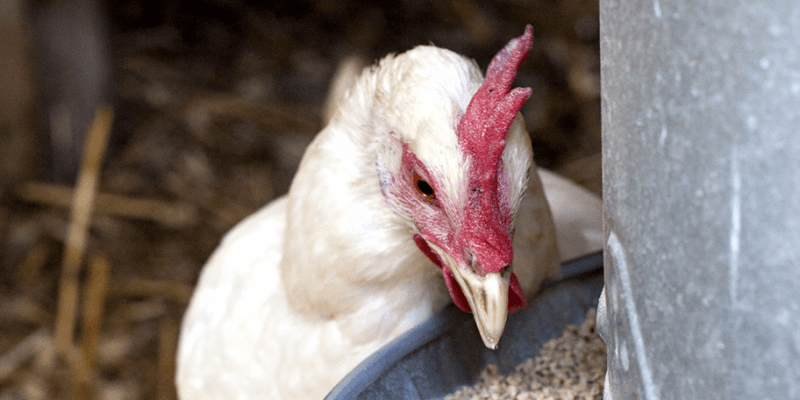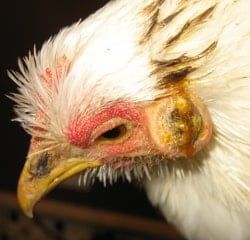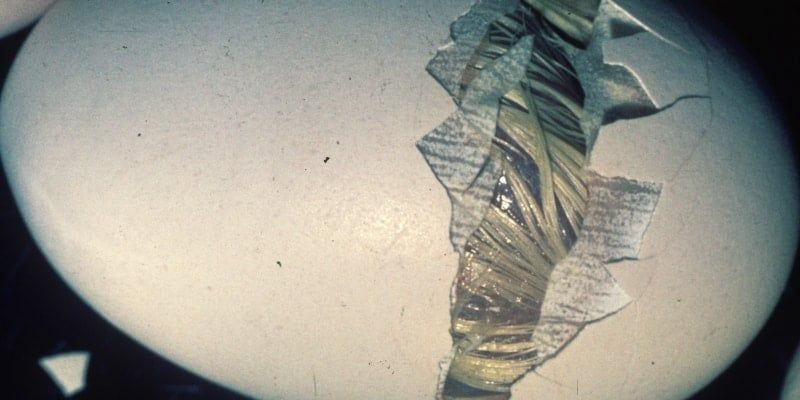More Than A Cold, It Could Be Coryza
Do you know the difference?
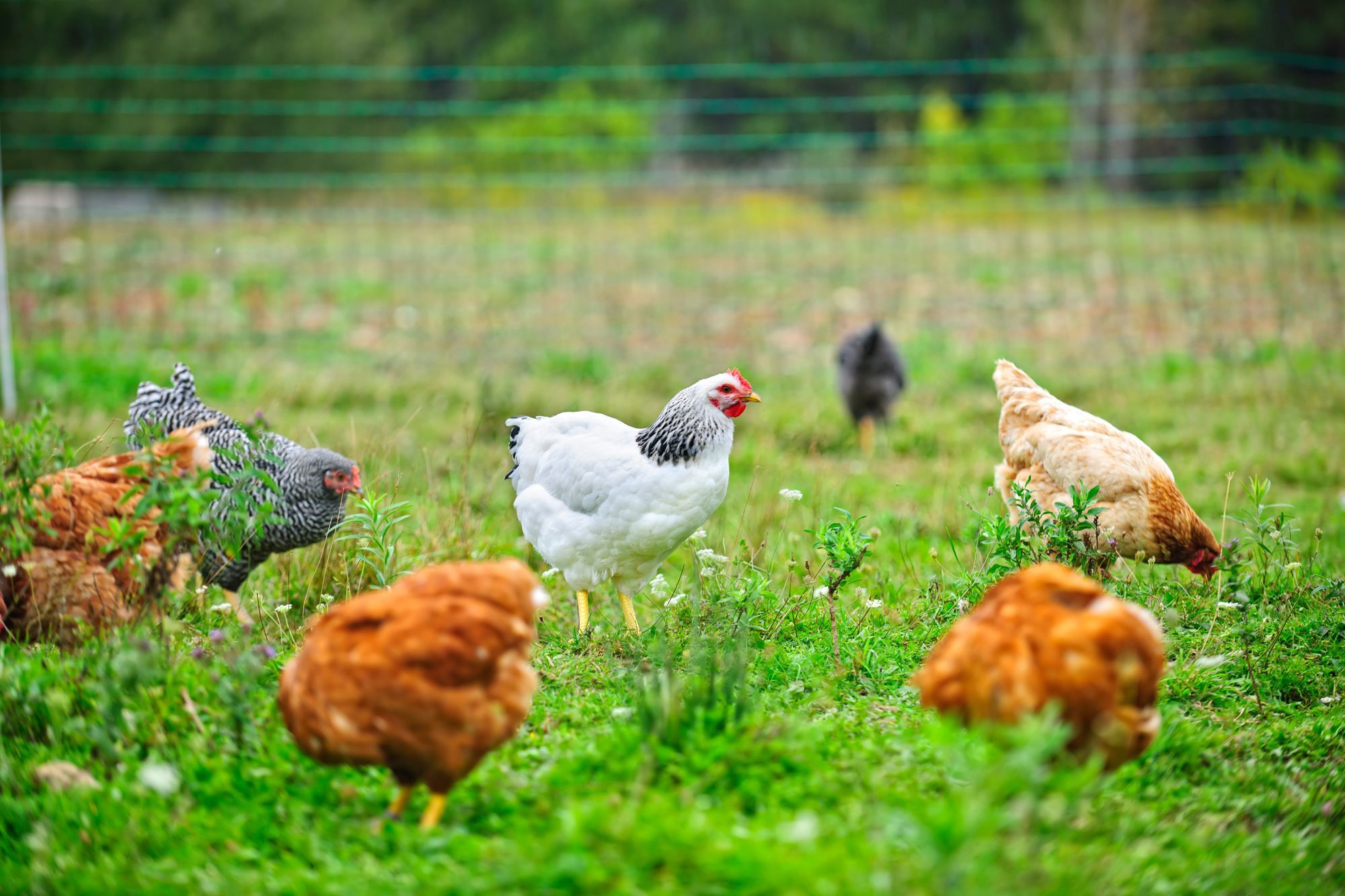

Avian coryza is a bacterial respiratory disease that appears to have become more common in backyard chickens over the last several years. While it doesn't spread from birds to humans (aka it is non zoonotic), because it is highly infectious and also because it typically doesn't result in high mortality it is an important disease to be aware of in order to prevent further spread.
The basics of coryza
Coryza is the short or common name for the Gramnegative bacteria Avibacterium paragaffinarim (formerly called Haemophifus paragaffinarum) As you can see, scientists love our complicated names ... Anyway, from here on out we will just use the term coryza!
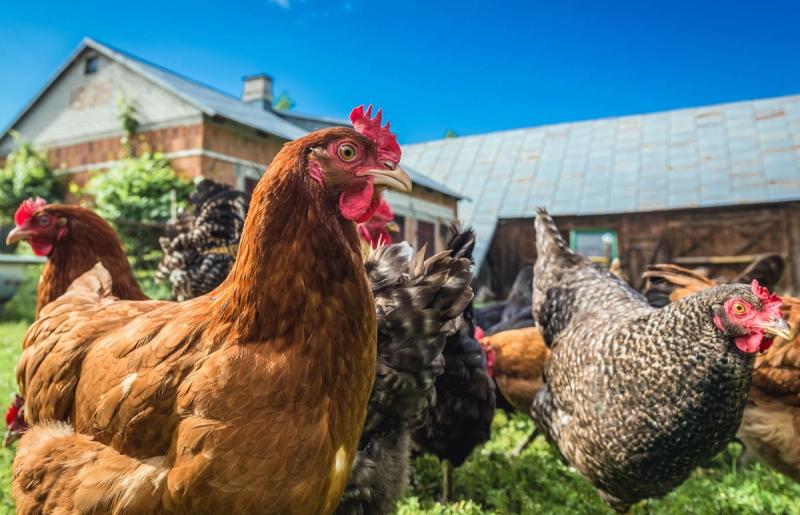
Spread and the clinical signs
Coryza is spread through direct contact with infected birds, as well as through contaminated surfaces and equipment Symptoms of coryza
can include nasal discharge, swollen sinuses, and difficulty breathing. Chickens with coryza may also have decreased appetite and reduced egg production (almost 50% in some cases).
However, the most common clinical signs are facial edema (aka swelling of the face) and infected swollen eyes with discharge. While none of these clinical signs are specific to coryza only, being observant when it comes to identifying any of these clinical signs in your flock is important in that the earlier you identify sick birds the quicker you can focus on treatment and prevention.
To that point, the bacteria is typically spread via sneezing and coughing, hence separating sick coughing and sneezing birds asap from healthy birds provides at least a chance to protect un-infected birds.
Here are some additional tips to help prevent coryza in your backyard flock:
1. Quarantine new birds: If you're introducing new birds to your flock, it's important to quarantine them for at least 10 days before integrating them with the rest of the flock. This will help prevent the spread of any diseases your new birds may be accidentally bringing into your flock.
2. Practice good hygiene: Regularly clean and disinfect your coop and equipment to prevent the buildup of bacteria and viruses. Even though coryza is not zoonotic (aka it doesn't affect us) you should also wash your hands thoroughly before and after handling your birds or entering their living area to reduce the potential for coryza to spread between flocks. You should do this after you isolate any sick birds to reduce the potential of coryza transmission from equipment to your birds that are not in the sick-pen.
3. Maintain good ventilation: Good ventilation is key to reducing the risk of transmission of aerosolized bacteria. Good ventilation is also important for preventing buildup of moisture and bacteria in your coop. Make sure your coop has good airflow and consider adding additional ventilation if needed.
4. Monitor your flock: Keep an eye on your birds and look out for any signs of illness. If you notice any sick birds, isolate them immediately and seek veterinary care. Monitor your flock at least once a day for a few minutes and ideally do this when they don't see you, so you can see their normal behavior. In addition, write down daily egg production. It is much harder to detect reduced egg production without knowing what normal egg production is.
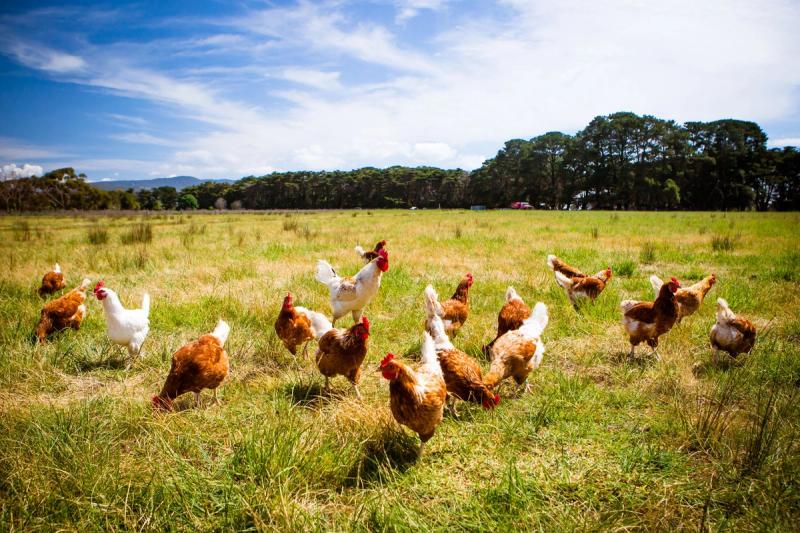
Treatment of coryza
Because coryza is bacterial, some antibiotics such as tetracyclines can be effective in treating backyard chickens with coryza. However, it
is very important to talk to your veterinarian to get the correct antibiotic or else you may end up just wasting time and money on an ineffective antibiotic and, oh yeah, contributing to antimicrobial resistance ...
However, birds that have recovered from the disease remain carriers of coryza and may occasionally shed the bacteria during their lives.
While the mortality from coryza is relatively low it should be noted that the "complicated" version of the bacteria, where coryza and other infections are occurring at the same time can result in high mortality.
Unfortunately, there is not a vaccine that backyard poultry owners can use against coryza but if you follow the other tips you'll be focusing on prevention which is the best use of your time and energy.
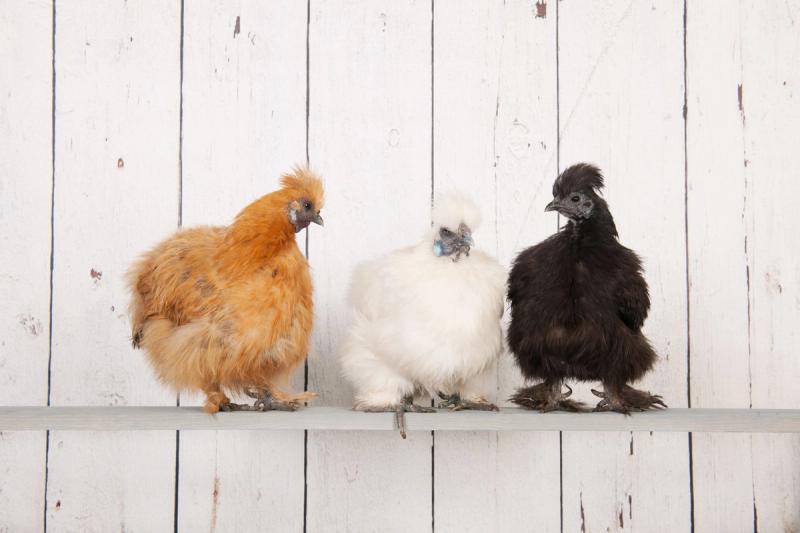
Tags:Ask The Doctor

Chicken Whisperer is part of the Catalyst Communications Network publication family.







